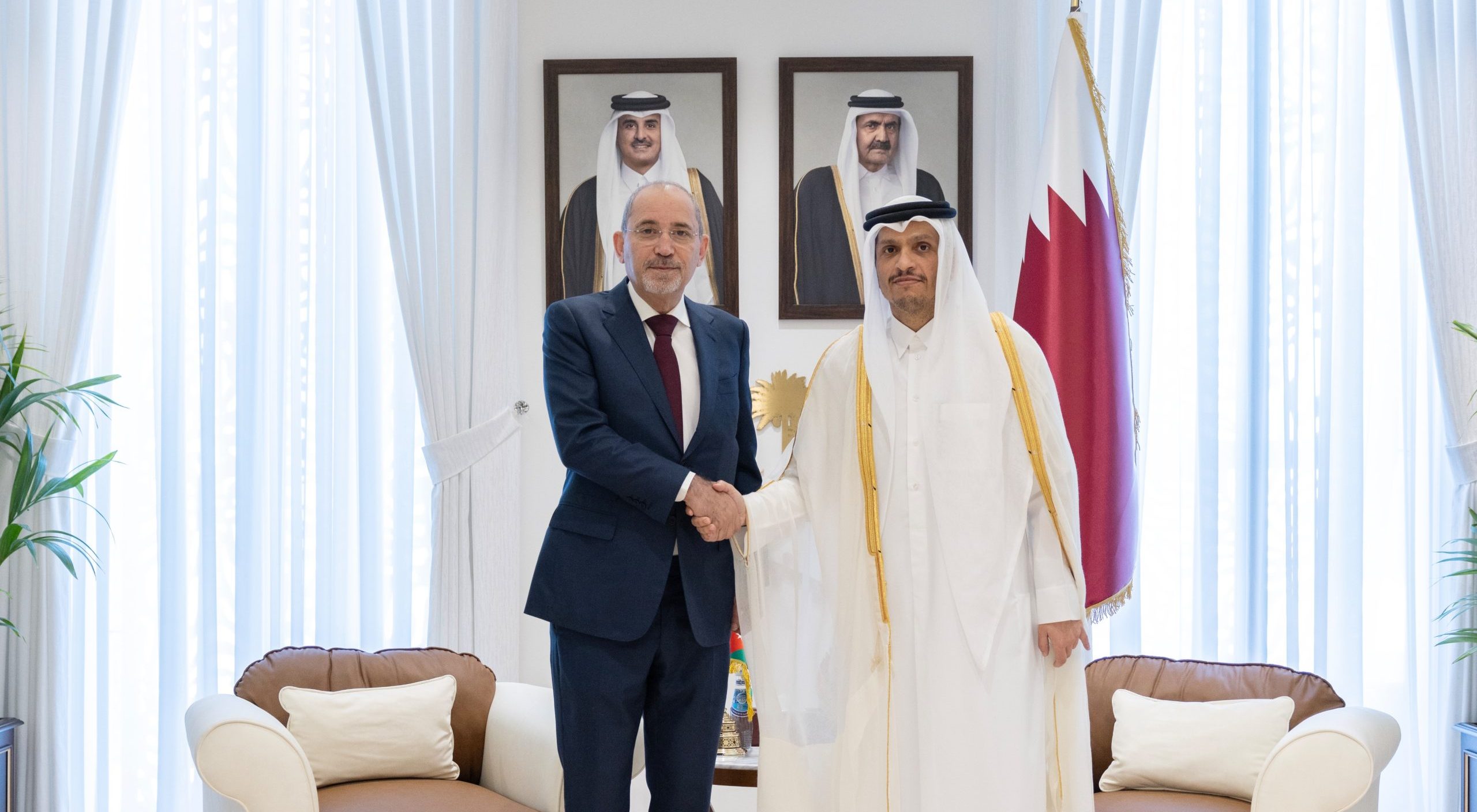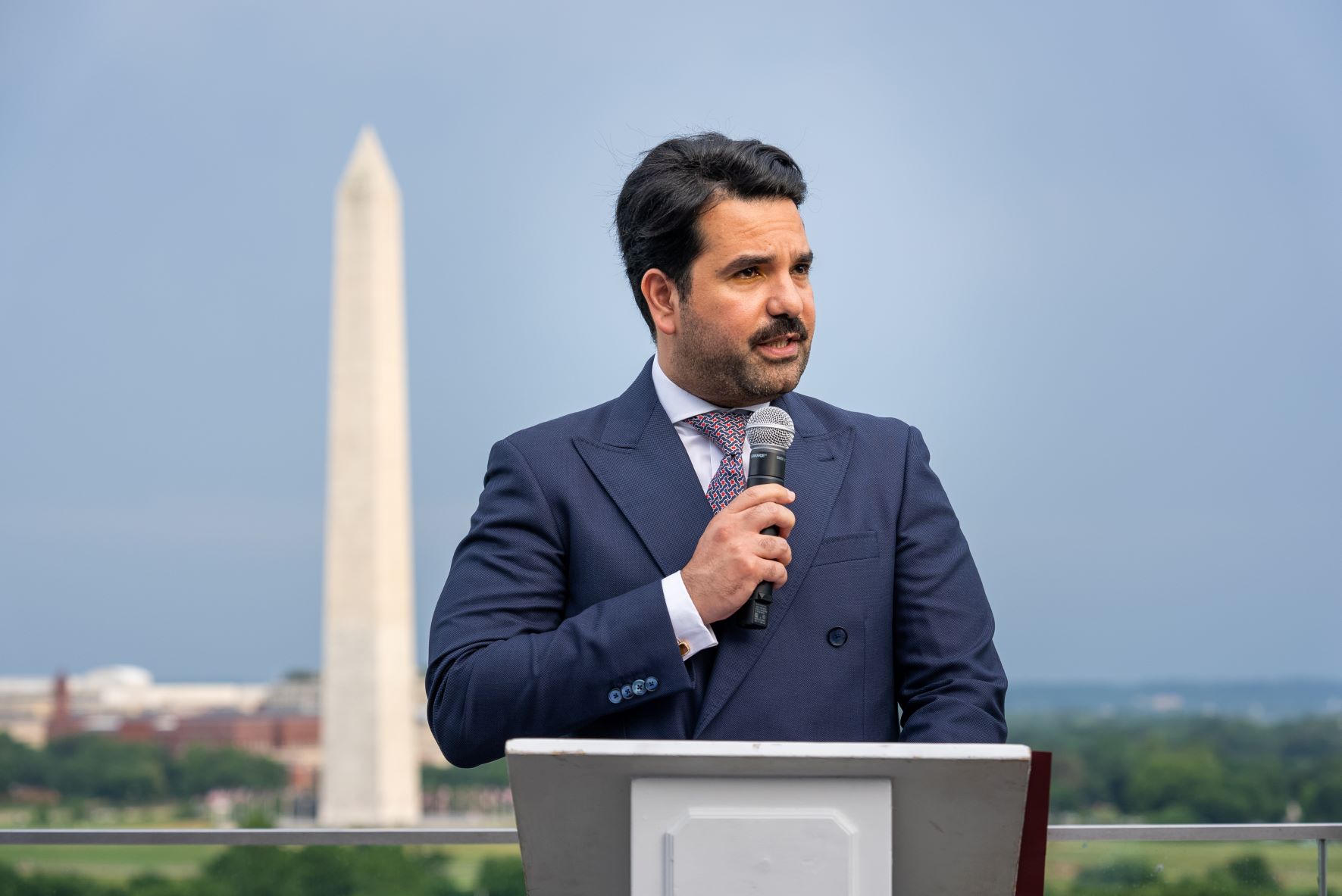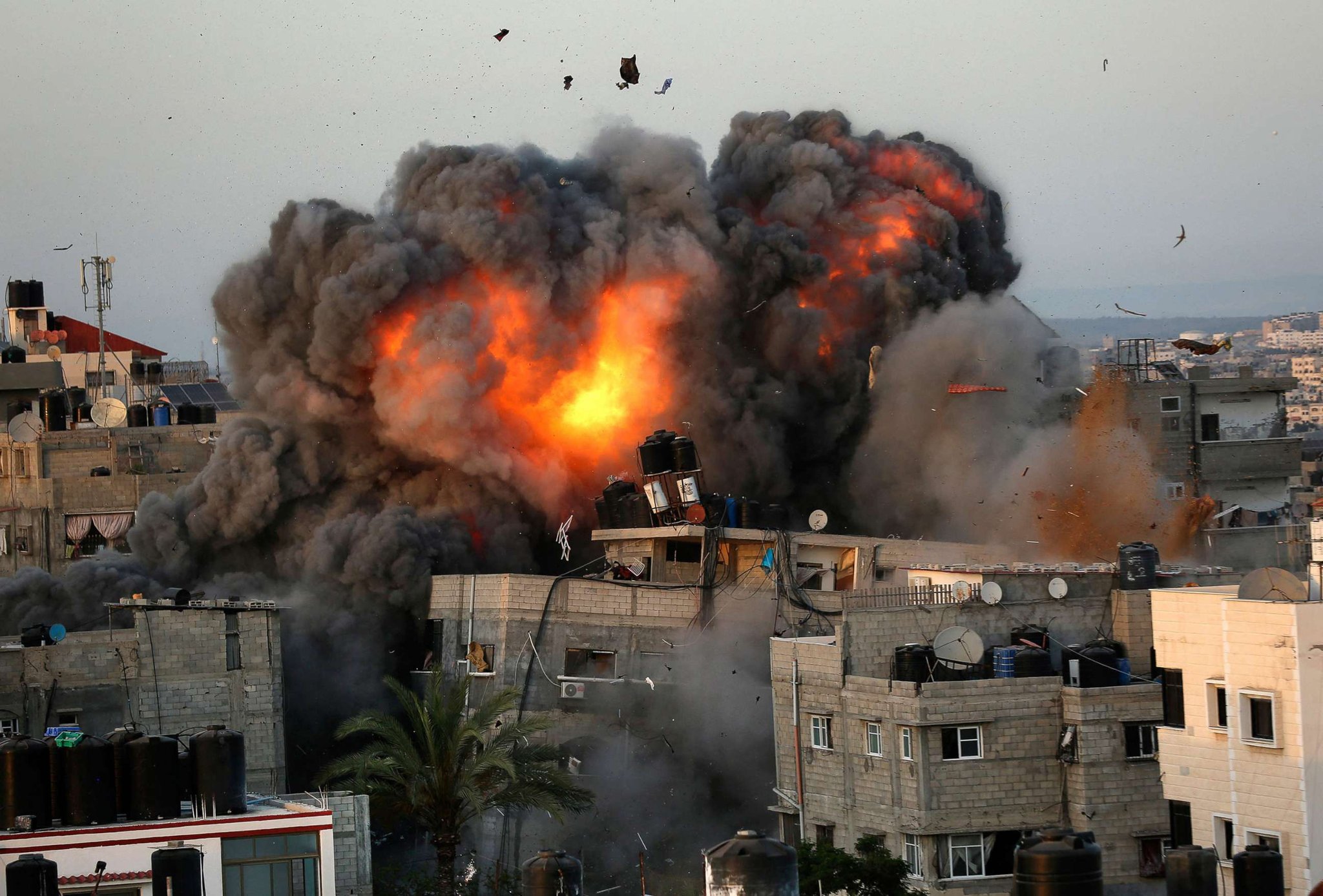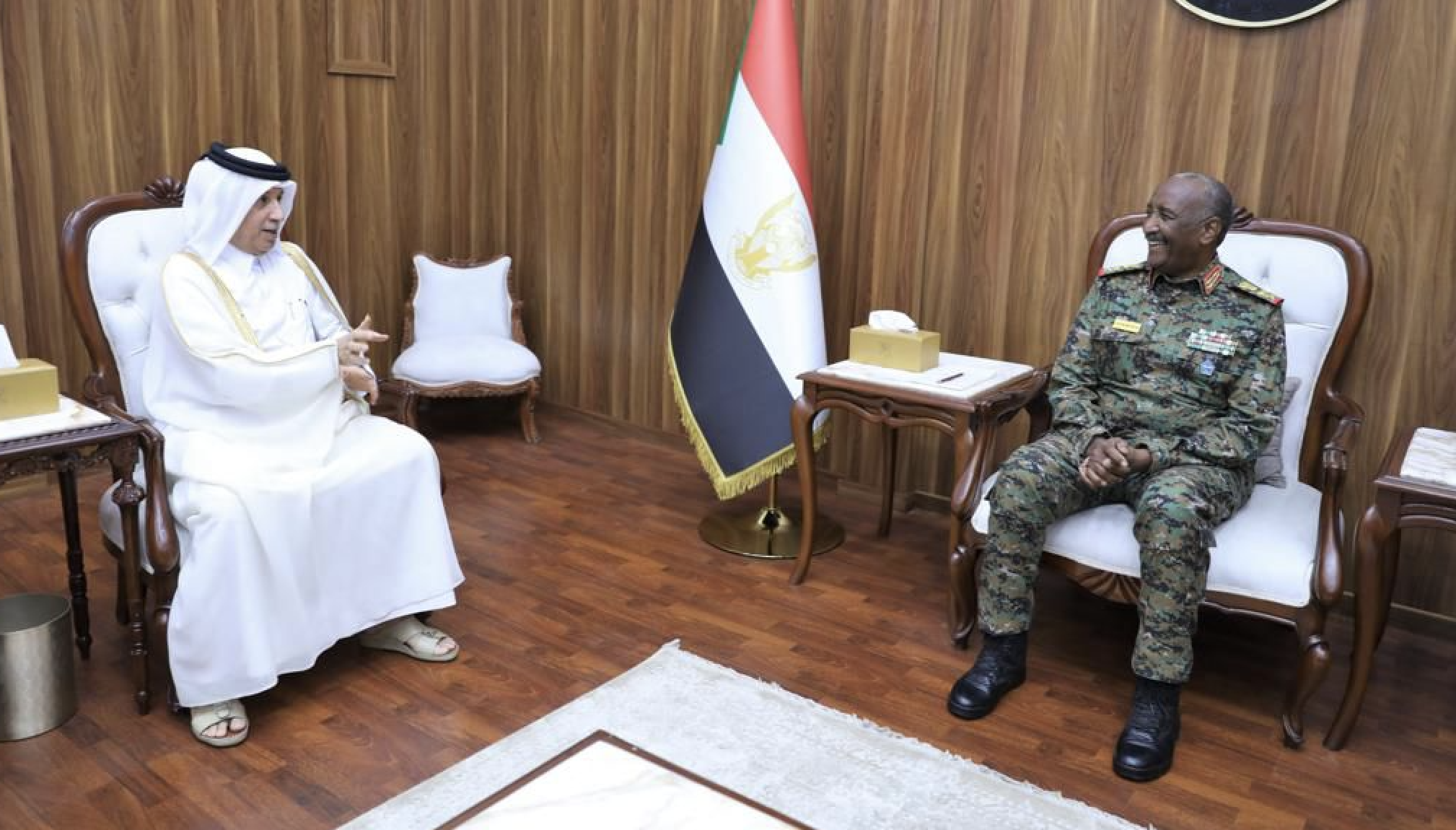
Amid ongoing tensions with the Ukraine and subsequently, the United States and European Union, Russia has been forging deeper business ties with Qatar, whose sovereign wealth fund has recently agreed to invest $2 billion there.
The Qatar Investment Authority (QIA), one of the world’s biggest wealth funds, has been increasingly focusing on emerging markets like Russia, China and India.
In this latest deal, the QIA is forging a joint development with state-backed private equity fund Russian Direct Investment Fund (RDIF). The news was confirmed by RDIF CEO Kirill Dmitriev at a meeting between Russian President Vladimir Putin and foreign investors, the Gulf Times reports.
The $10 billion fund works with international partners to invest in projects in Russia, with the aim of lowering some of the risk involved by the foreign companies as they are partnering with the state.
Among the major infrastructure projects planned for Russia are a new Moscow ring-road and a fast-speed train line.
Qatar-Russia relations
The new partnership bolsters an already developing relationship between Qatar and Russia. In July last year, the Financial Times reported that the fund confirmed QIA’s recently-appointed Chief Executive Ahmad Mohamed Al-Sayed had joined the RDIF’s advisory board.
Also sitting on the board are the heads of the Abu Dhabi state fund Mubadala Development Company, and China Investment Corporation.
In May last year, the QIA also bought a stake in Russian bank VTB.
The RDIF has for some time been wooing investors, particularly from the Gulf states and Asia, which comprise 90 percent of its funding sources.
Last year, it announced a partnership with Mubadala to invest $1 billion each. This followed a $2 billion fund with China Investment Corp in 2012 and a $500 million fund with the Kuwait Investment Authority.
Also last year, the head of Credit Suisse Qatar told Reuters that he expected the QIA to invest more in developing markets. Speaking at the Reuters Middle East Investment Summit in October 2013, Aladdin Hangari said:
“I think going forward, we’ll see them (QIA) doing more in emerging markets as long as they find the right opportunities.”
Russia sanctions
The move comes as some private equity firms have voiced concerns about investing in Russia.
Over the last two months, the EU and US have published lists of companies and individuals hit by travel bans and asset freezes. Some of them have close connections to Putin.
As Ukrainians go to the polls today to vote for a new President, the EU prepares itself to impose tough sanctions.
EU leaders say that if the elections are “not free and fair,” they will meet later this week to start detailed discussions on what sanctions they could impose on Russia – ranging from luxury goods imports to an oil and gas ban, Reuters reports.
Thoughts?







